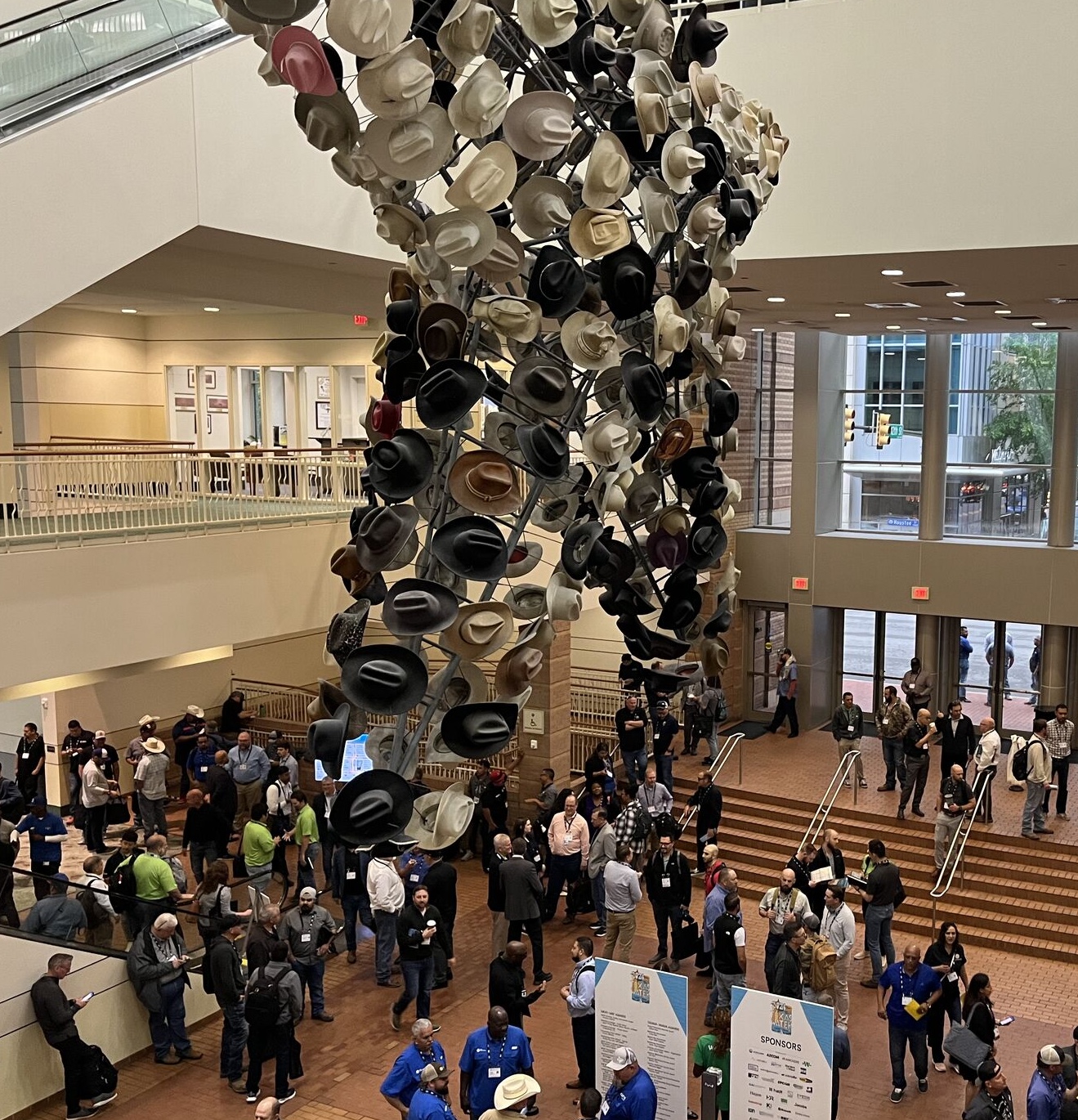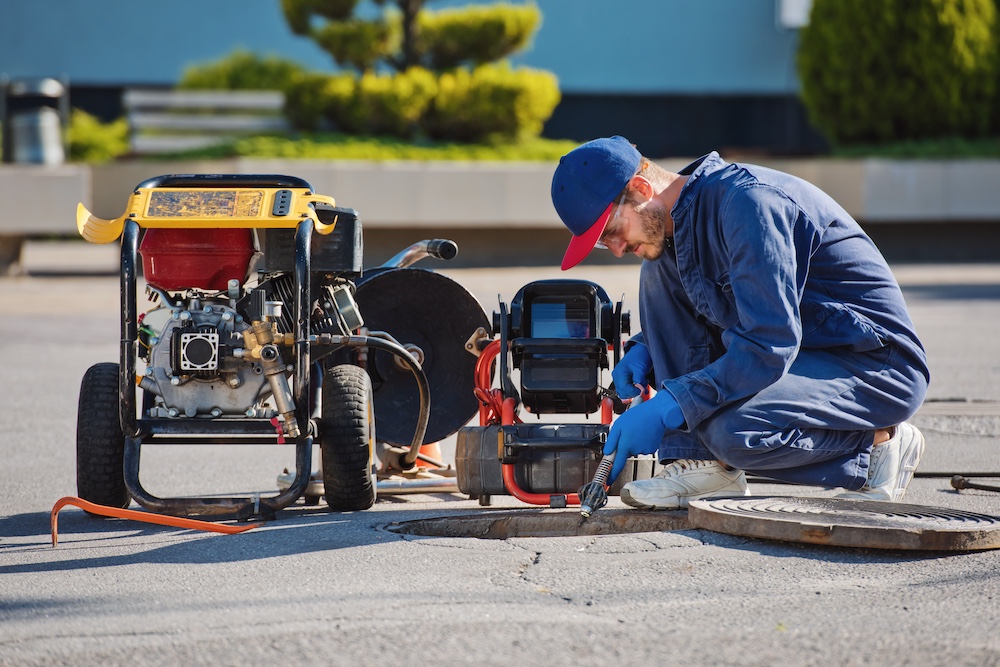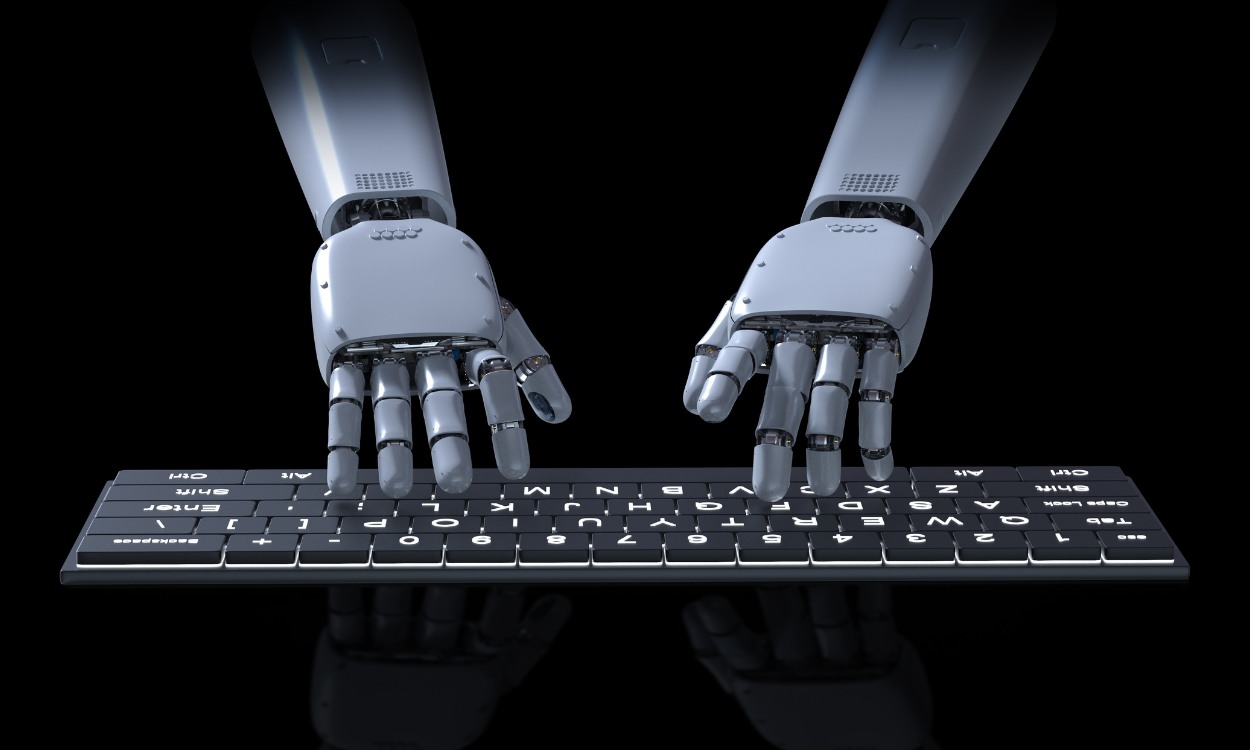AI and Machine Learning
-

Using Ruby scripting with AI agents to extend and improve your hydraulic models
The art of hydraulic modeling straddles the intersection of creative ingenuity and technical prowess. Can AI agents help you be more creative and technically proficient even if you don’t have a background in computer programming? Creating an effective and accurate hydraulic model isn’t just about ingesting all of your data, but also about getting all…
AI and Machine Learning
-

Digital Twins for water distribution: Grab our new ebook
Digital twin technology is revolutionizing water distribution systems by providing dynamic, real-time digital representations of physical water networks. These water digital twins integrate static and dynamic data from sensors and operational systems to enable insights and drive actionable outcomes that improve asset management, operational efficiency, and customer satisfaction. Do you need one? We have a…
AI and Machine Learning
-

3 top trends from the 2025 State of Design & Make report
Every year, Autodesk releases its State of Design & Make report. This annual report compiles the thoughts and opinions of professionals across architecture, engineering, construction, and operations (AECO), design and manufacturing (D&M), and media and entertainment (M&E). The new 2025 version of the report collected more data than ever before, surveying 5,500 industry leaders to…
Industry news
-

The AI/ML revolution in sewer inspection pipeline condition assessment and management has already begun
Sewer pipeline assessment can be a dirty job. To make it easier, Autodesk’s Tim Medearis and VAPAR’s Michelle Aguilar teamed up at Autodesk University to show customers How AI/ML in Info360 Asset Can Assist in Sewer Pipeline Condition Assessment and Management. If you’re at all interested in Artificial Intelligence for the water industry, this presentation…
AI and Machine Learning
-

Generate dynamic digital twin hydraulic models with InfoWater Pro and Info360 Insight
Water distribution utilities around the world are facing a rising number of challenges to maintain and operate their increasingly complex networks on tighter and tighter budgets. In the United States, 6 billion gallons of treated water is lost daily and 30% of water utility budgets for operations and maintenance are spent on energy costs for…
Operational analytics
-

New report: Spotlight on data and digitalization in the water industry
“Every drop of water carries data throughout its journey,” says Autodesk Senior Strategy Manager Carolina Venegas Martínez in the opening of our latest report, Spotlight on Data and Digitalization in the Water Industry. That’s a really great way to look at it. But is the water industry effectively capturing and using that data? What do…
AI and Machine Learning
-

SWAN 2024: shaping the future of water management in Vancouver
We just returned from a trip to the SWAN 2024 Conference, which was held in Vancouver, British Columbia. A water conference’s location can affect everyone’s perception of an event, and it brings with it a spotlight on the local area. Water is important and abundant in Canada, which has a staggering 20% of the world’s…
AI and Machine Learning
-

AI, ML, and sensors: Texas Water is a good measure of the water industry at large
Buckle your seatbelts, tighten your ball valves, and lock down your manholes because we’re about to explore the developments in the water industry that happened at Texas Water 2024. Now, with an introduction like that you might be wondering: What’s so great about a regional water conference, and why should I read a blog post…
AI and Machine Learning
-

Autodesk is integrating VAPAR AI image analysis into Info360 Asset with new technology preview
We are excited to announce that Autodesk is integrating VAPAR AI image analysis into Info360 Asset, offering our customers a powerful, automated solution for their inspection review process. With this integration, Info360 Asset users will be able to use VAPAR’s industry-trusted AI image analysis technology directly within their existing Info360 Asset workflow if they have a VAPAR subscription. This…
AI and Machine Learning
-

Autodesk InfoDrainage integrates AI drainage design feature with Machine Learning Deluge tool
Every built thing in the world has a drainage plan. From housing developments to commercial properties to roads and railways – each of these unique engineering projects requires resilient stormwater infrastructure and sustainable drainage design. For much of human history, engineers and builders took a more rudimentary path towards drainage: dig holes, oversize pipes and canals,…
Product news